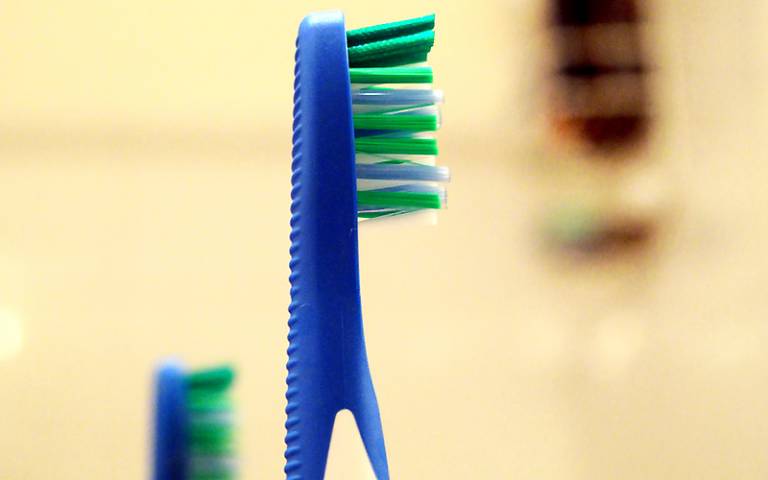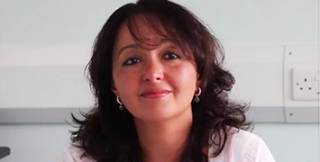Environmental sustainability: Bamboo toothbrushes not the answer new study reveals
15 September 2020
A joint study with Trinity College Dublin has found that plastic manual toothbrushes, with replaceable heads, are the best type for the planet and associated human health.

A joint study led by UCL Eastman and Trinity College Dublin has found that plastic manual toothbrushes, with replaceable heads, are the best type for the planet and associated human health.
Across two papers published in the BDJ, researchers reported on the environmental impact and cost to human health of four types of toothbrush: electric, traditional plastic, plastic with replaceable head and bamboo.
The results could be used to inform healthcare policies, individual consumer choice and the large-scale procurement of toothbrushes for public health programmes.
Co-author Professor Paul Ashley said: “A life-cycle assessment (LCA) is a cradle-to-grave analysis which considers all aspects of a product along its life cycle, including raw materials, manufacture, use, transport and disposal.
“Our LCAs revealed that plastic, manual, replaceable head toothbrushes and bamboo manual toothbrushes perform better than traditional plastic manual and electric toothbrushes in every environmental impact outcome measure used in this study.
“However, bamboo toothbrushes may stop land from being put to better use such as increasing biodiversity, or in growing trees to offset carbon emissions.
“It is therefore not necessarily the best option for the environment as popularly believed.”
The research also highlighted the human health burden of the toothbrush manufacturing process.
The electric toothbrush causes 10 hours of disability measured in Disability-Adjusted Life years or DALYS - mainly for the people associated with the process of making and producing the devices. This is five times higher than a normal plastic brush.
Lead researcher Dr Brett Duane, Associate Professor in Public Dental Health at Trinity College, said: “There are billions of toothbrushes used and discarded every year.
“Our research shows that electric toothbrushes are actually harmful for the planet and to the people involved in the manufacturing process and distribution.
“The most environmentally sustainable toothbrush is one which uses plastic which is recycled in a continuous process.
“Plastic brushes which can be recycled don’t take up a lot of land and they don’t need lots of water to grow.
“The important thing here is to keep the plastic in the recycling chain. We need a system where plastic toothbrushes can be collected like batteries and then recycled into new products.
“If the plastic escapes the recycling chain, it needs to be able to be easily and naturally broken down into harmless products.”
Read the papers:
- Incorporating sustainability into assessment of oral health interventions
- Combining evidence-based healthcare with environmental sustainability: using the toothbrush as a model
 Close
Close




